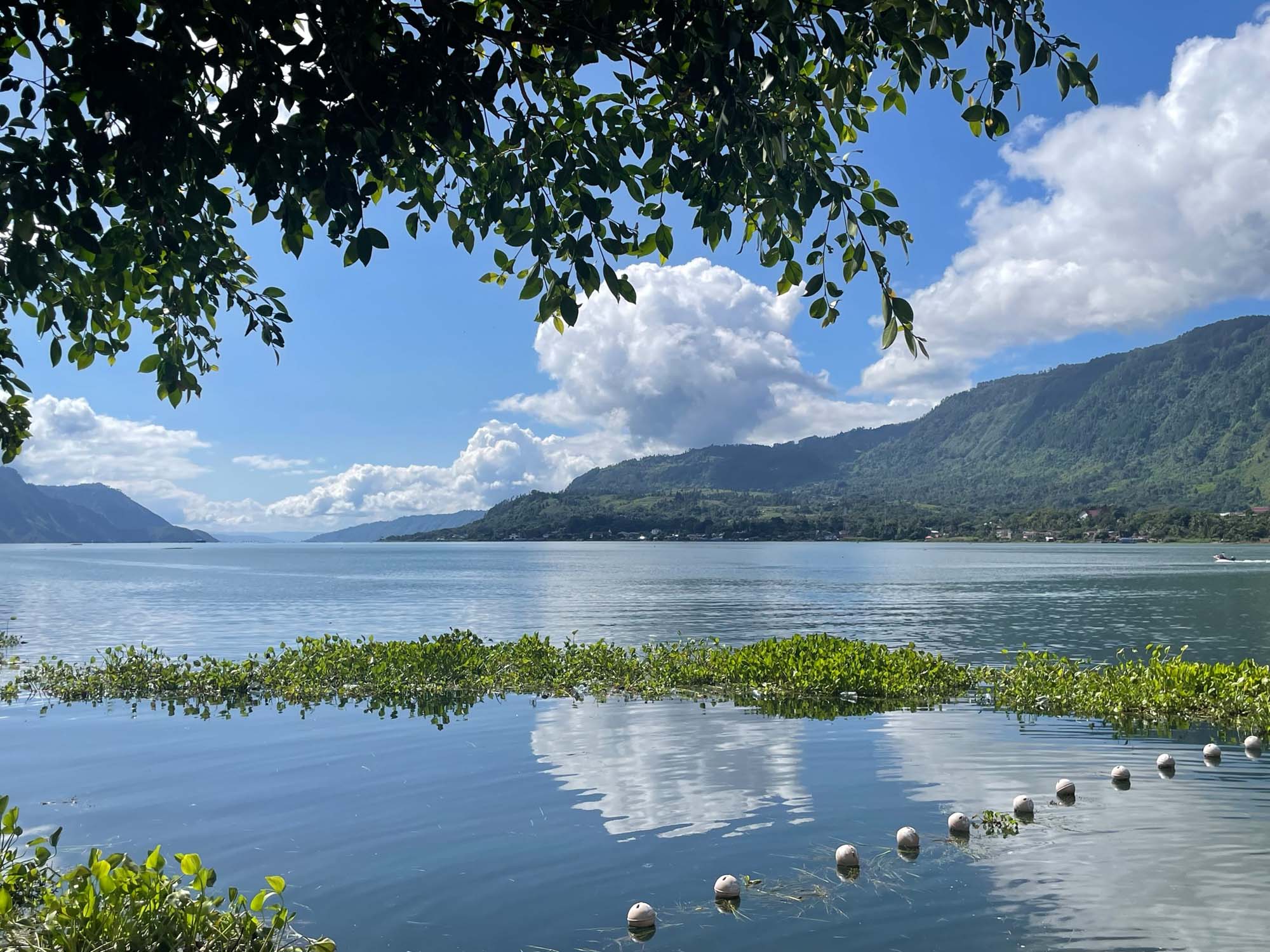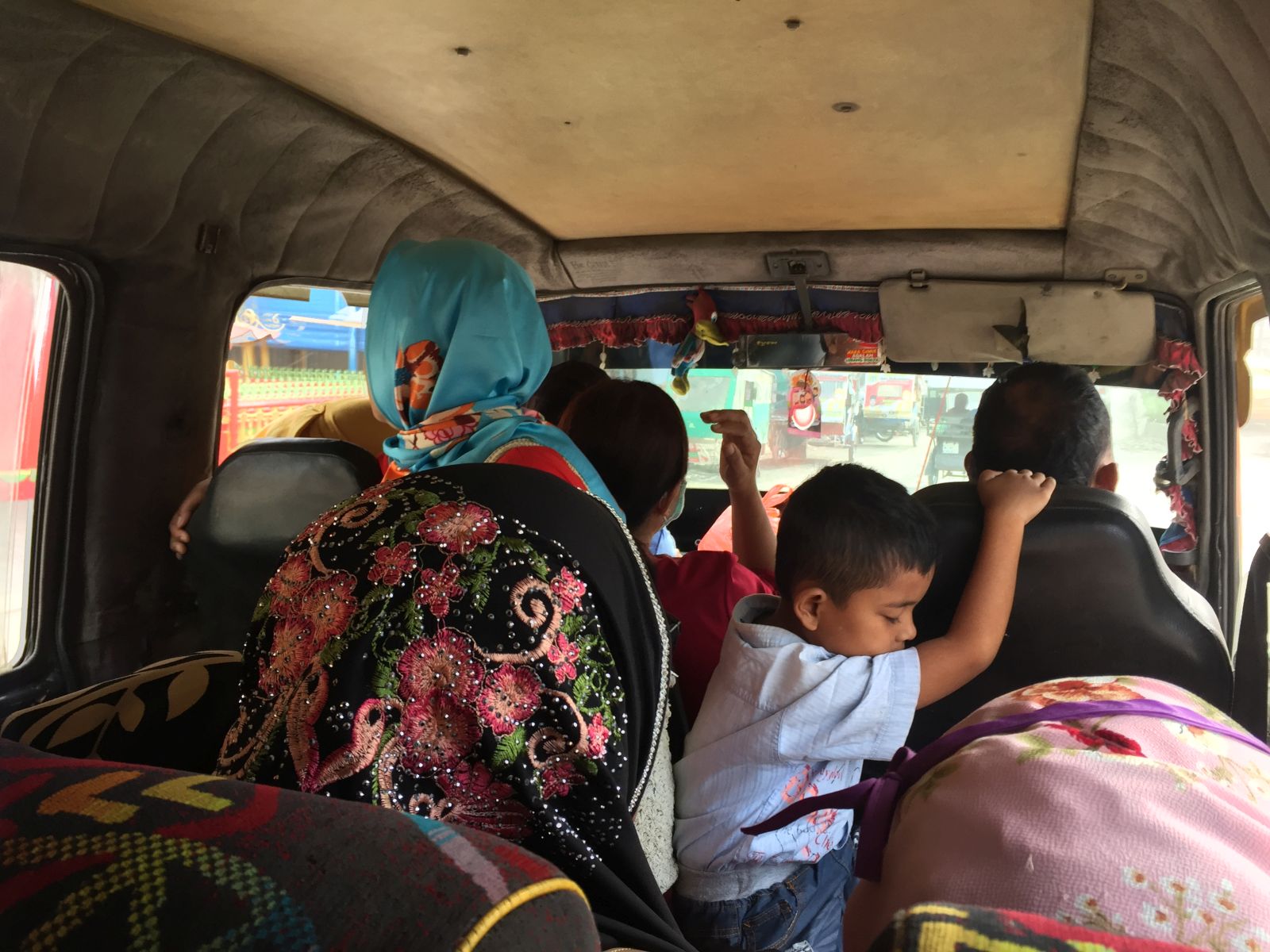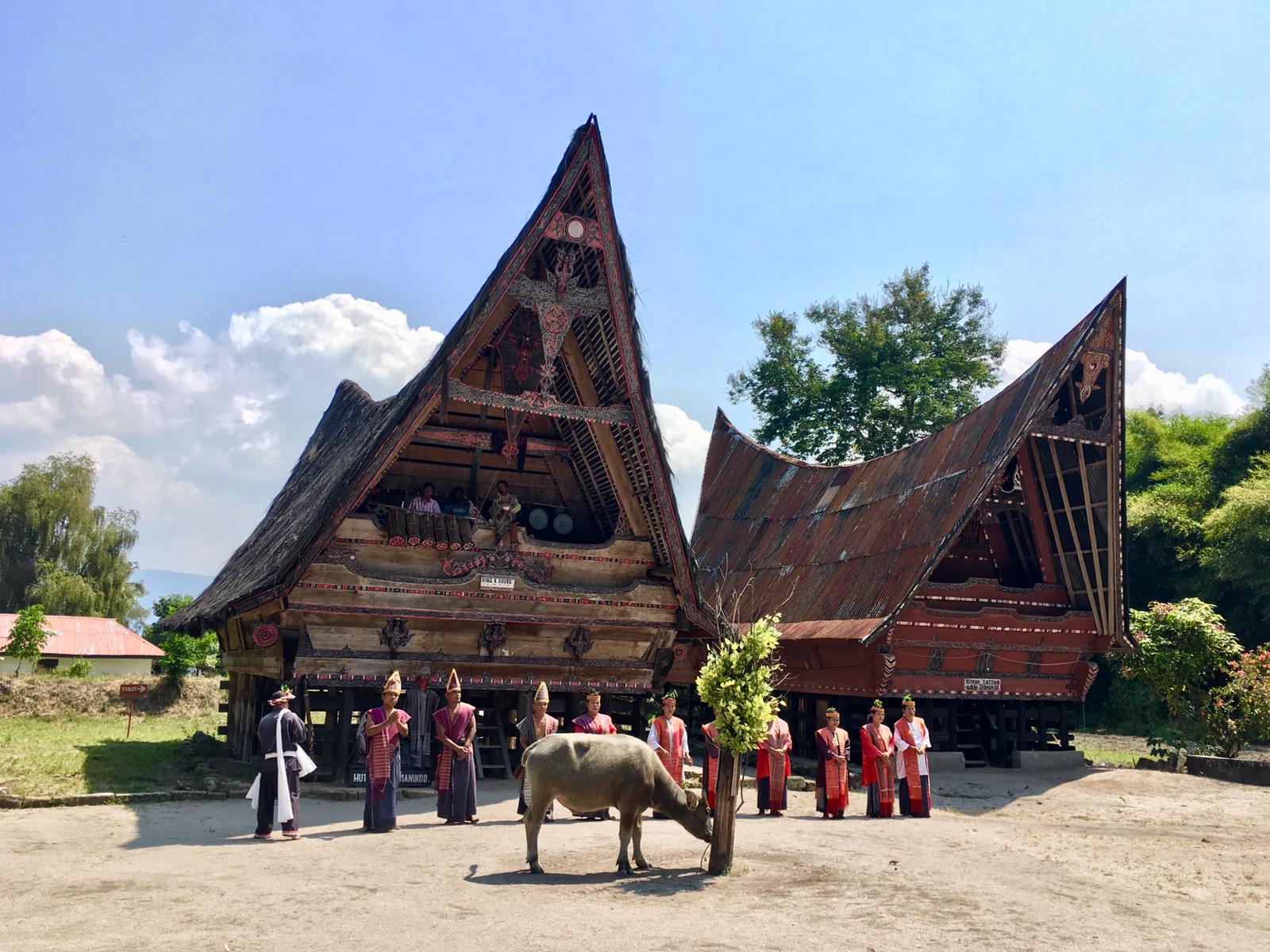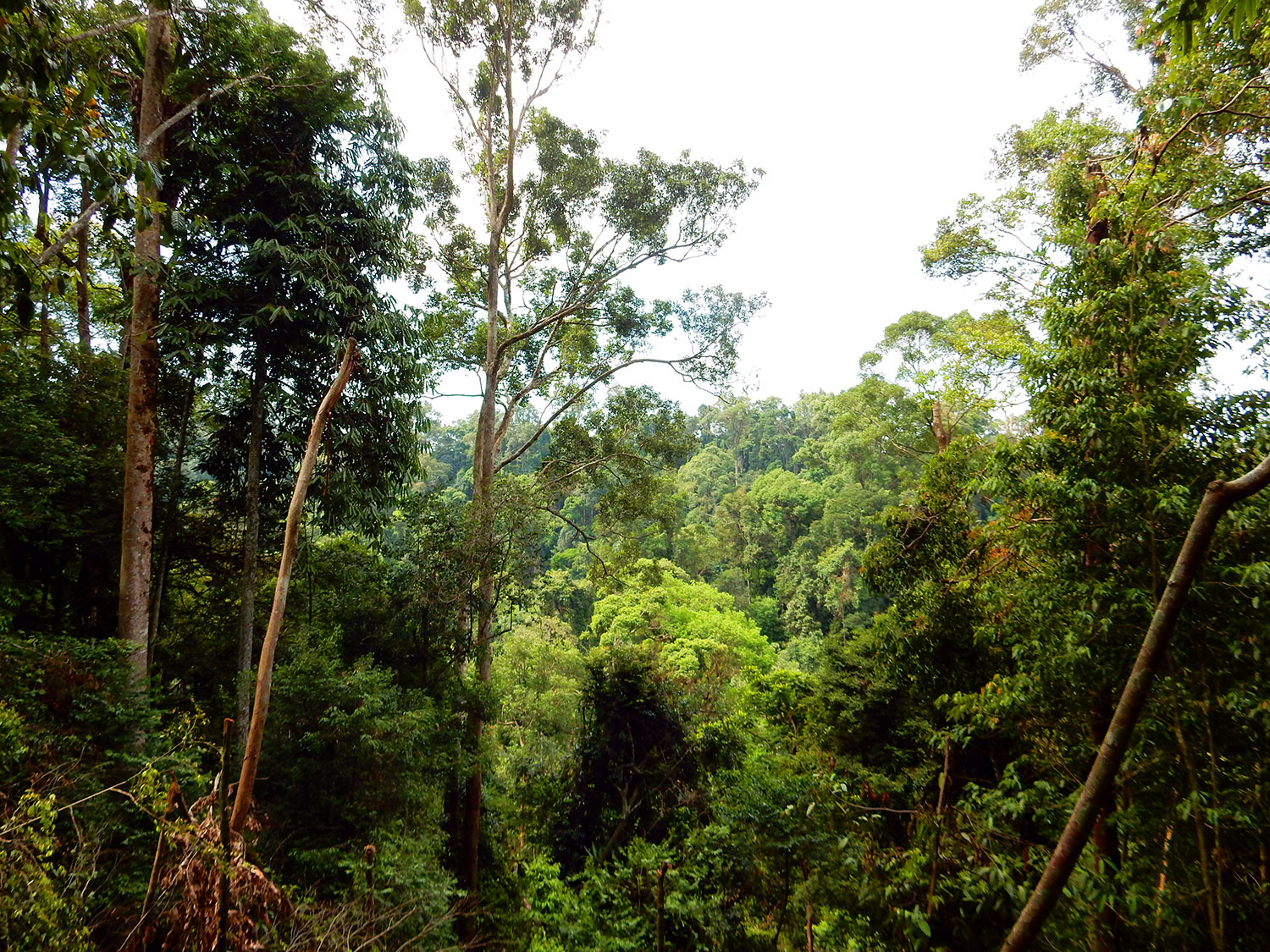Many questions always arise before planning a trip to Sumatra. When is the best time to travel? What do I need to take with me? What about the visa? What else do I need to prepare for my trip? We have summarised the most frequently asked questions and created a list of preparations for Sumatra! If you have any further questions, please feel free to send us an email or Whatsapp.
Table of Contents
When is the best time to travel to Sumatra?
Indonesia’s largest island is divided by the equator and dominated by a tropical climate. In Sumatra, the climate is always humid and, unlike other Southeast Asian countries, there is no typical distinct dry and rainy season. Depending on the time of year, there are various activities to be enjoyed in different areas of the island. Basically, one can say that May – August is the main tourist season with the most dry hours. But it is also worth a trip in the other months, as there are fewer tourists and it usually rains only 1-2 hours per day, often not at all.
 Do I need a visa for Sumatra?
Do I need a visa for Sumatra?
Since Covid, the regulations have changed somewhat. Before, you could also enter without a visa. This has not yet been restored. The current possibilities are:
1. visa on arrival.
To do this, go to the appropriate counter on entry and pay the $30 (cash in IDR, EUR, USD or card) for a visa. This is valid for 30 days and can be extended for another 30 days in Indonesia. You can also apply for this visa online.
2. apply for a visa in advance
On the website evisa.imigrasi.go.id you can apply for a 30-day visa on arrival as well as a 60-day visa. You can also apply for other visas in advance via visa agencies. However, the service via the agency usually costs €200-400/person. In the past, you could simply do this through the embassy, but the process has also been suspended since Corona.
More info on the visa for Sumatra.
When entering Sumatra and all of Indonesia, you must provide proof of an exit ticket. If you do not yet know where and when you want to leave Indonesia, you can also rent a flight ticket online, e.g. on the website bestonwardticket.com.
Please check the website fo the bureau of foreign affairs of your country for the lates information on this.

Which vaccinations do I need?
Vaccinations are a sensitive topic. We do not recommend any vaccinations and always advise our guests to seek professional advice from a tropical doctor beforehand. Many health insurance companies reimburse travel vaccinations, including the consultation, in part in full.
In addition to the standard vaccinations such as tetanus, mumps, measles, rubella, etc., which should be refreshed regularly anyway, the Tropical Institute recommends hepatitis A, hepatitis B, typhoid, rabies and Japanese encephalitis. In North Sumatra, there have been increased cases of polio in recent years. It is therefore advisable to brush up on this vaccination.
There is also a low risk of malaria in Sumatra. It may therefore be advisable to take malaria prophylaxis with you.
Do I need health insurance for Sumatra??
Yes, international health insurance is always advisable for all trips outside Europe. This insurance covers medical expenses in case of illness, accidents, injuries and hospitalisation abroad. Especially with the numerous possible activities in Sumatra such as jungle trekking, surfing or diving, injuries can always occur. However, it is not compulsory to be in the country.
 Is Sumatra safe?
Is Sumatra safe?
There is no destination without problems. Therefore, it is advisable to keep an open eye on the road in Sumatra. Flight delays and cancellations due to volcanic eruptions can be a problem, but are rare. Those who travel Sumatra with common sense will have a good time.
Tourists being ripped off also happens in Sumatra. Especially with local buses, windy guys at the bus station often charge high prices. The key is to stay calm. It’s best to find out about the prices beforehand so that you don’t get a shock when you get there.
The traffic is chaotic, as in all countries in South East Asia. There seem to be no traffic rules and everyone drives somehow and somewhere. Left-hand traffic is the rule. It is therefore best to always look on both sides when crossing the street. Once you get used to it, however, it works!
Credit card or cash?
In Sumatra, you will almost always find an ATM in the larger towns and at petrol stations. We always recommend withdrawing money from ATMs so that you don’t have to take so much cash with you from Germany. Withdrawing money from Indonesian ATMs is generally free of charge. Therefore, it is advisable to choose a credit card that does not charge any additional fees at the ATM.
Note: There are no ATMs in Bukit Lawang.
Credit cards are rarely accepted. At most in larger hotels in Medan or other larger cities.
 What sockets are available in Sumatra?
What sockets are available in Sumatra?
In Sumatra there are type C sockets, also known as the standard Euro socket as in Germany, and F sockets, also known as Schuko. Travellers from Germany do not need an adapter. For everyone else, it is advisable to buy a travel adapter in advance, but you can also buy one in Sumatra.
What do I need to pack?
When travelling to Sumatra, be prepared for all seasons in one day. Tropical days are humid and hot and we recommend light, comfortable clothing. Light rain jackets are a must as rainy days are inevitable. Bring sunscreen and hygiene products from home as they can be very expensive in Sumatra. Especially products for periods. Sun hats and a sarong/scarf can be beneficial. Check out our comprehensive packing list for your preparations for Sumatra.
Do they speak English?
The official language in Sumatra is Indonesian. In the tourist places like Bukit Lawang, Lake Toba or Pulau Weh, however, many speak English, especially in the restaurants and accommodation. Some better, others worse, or just with hands and feet. In more remote places and villages, few people speak English. It helps to have a few phrases in Indonesian memorised.
Tipp: Indonesian vocabulary for your trip to Sumatra
How to tip?
Tipping is not customary or part of the Indonesian culture. Nevertheless, guides, drivers and waiters are always happy to receive a tip.
For drivers for short distances up to 4 hours, you can give 50-100k IDR. For trekking guides or driver-guides it can also be 200-300k IDR. In restaurants, it is better to ask for change first and then leave a small amount.
We hope we have been able to help you with this list of preparations for Sumatra. If you have any further questions, please do not hesitate to contact us.




